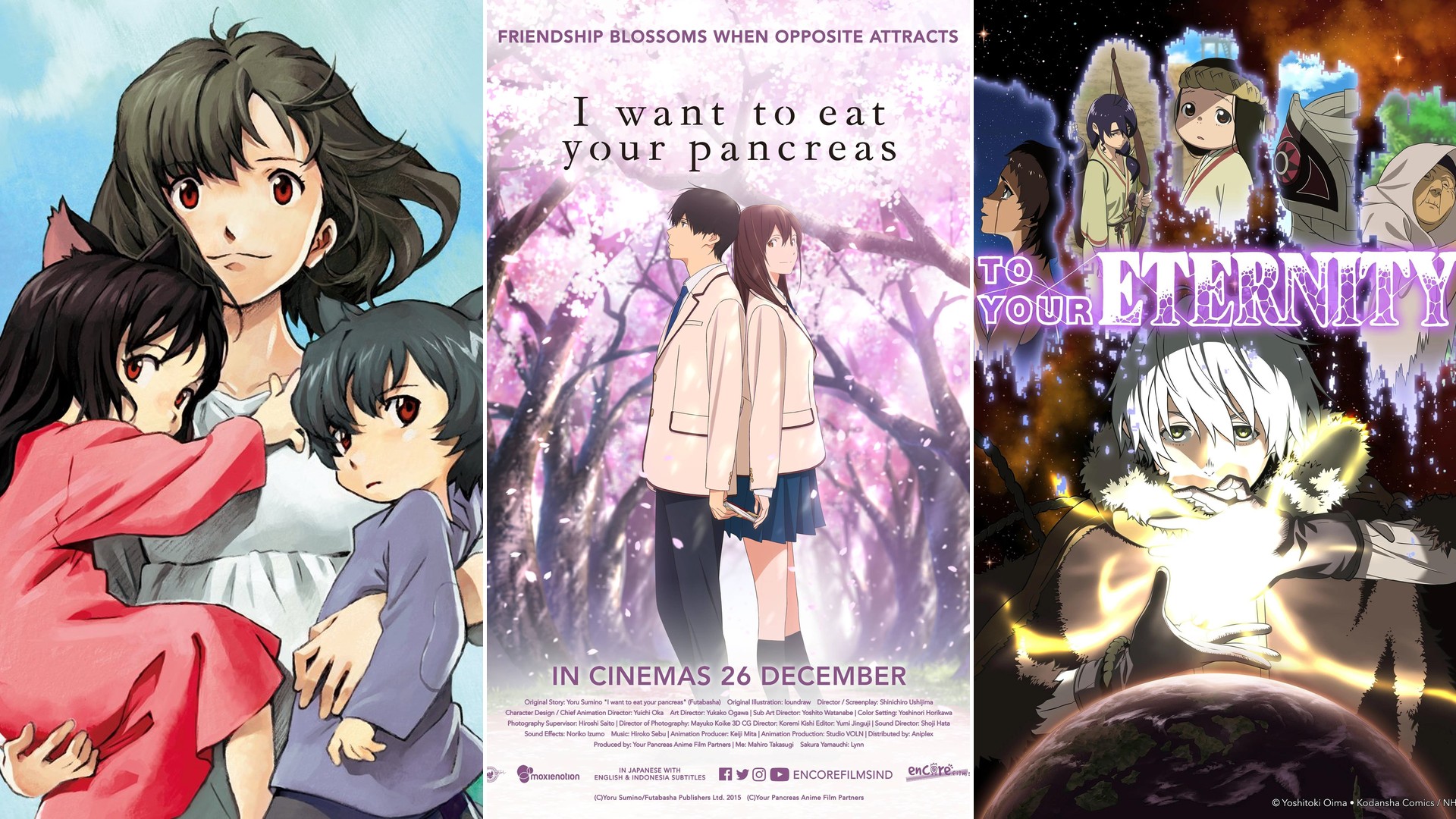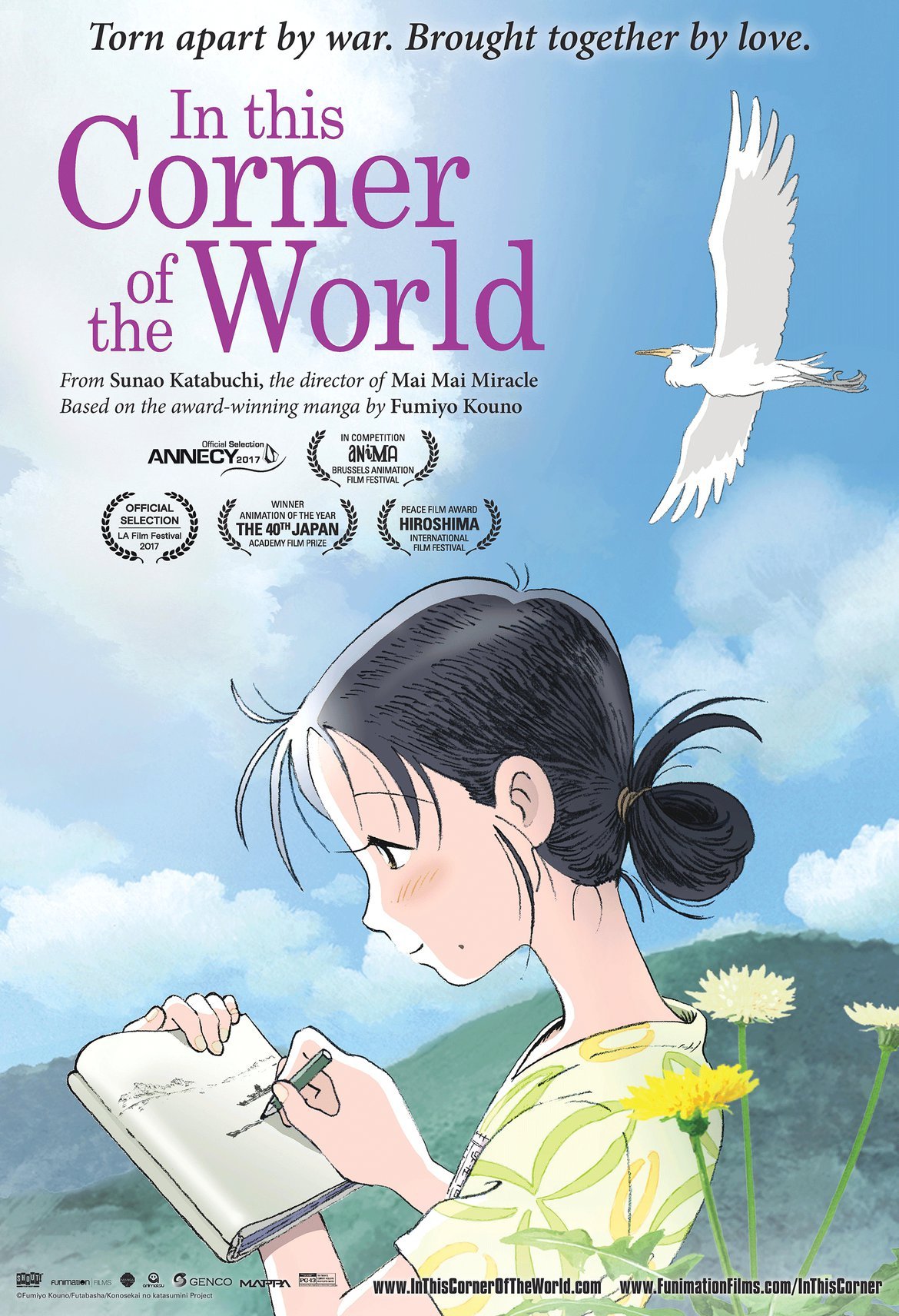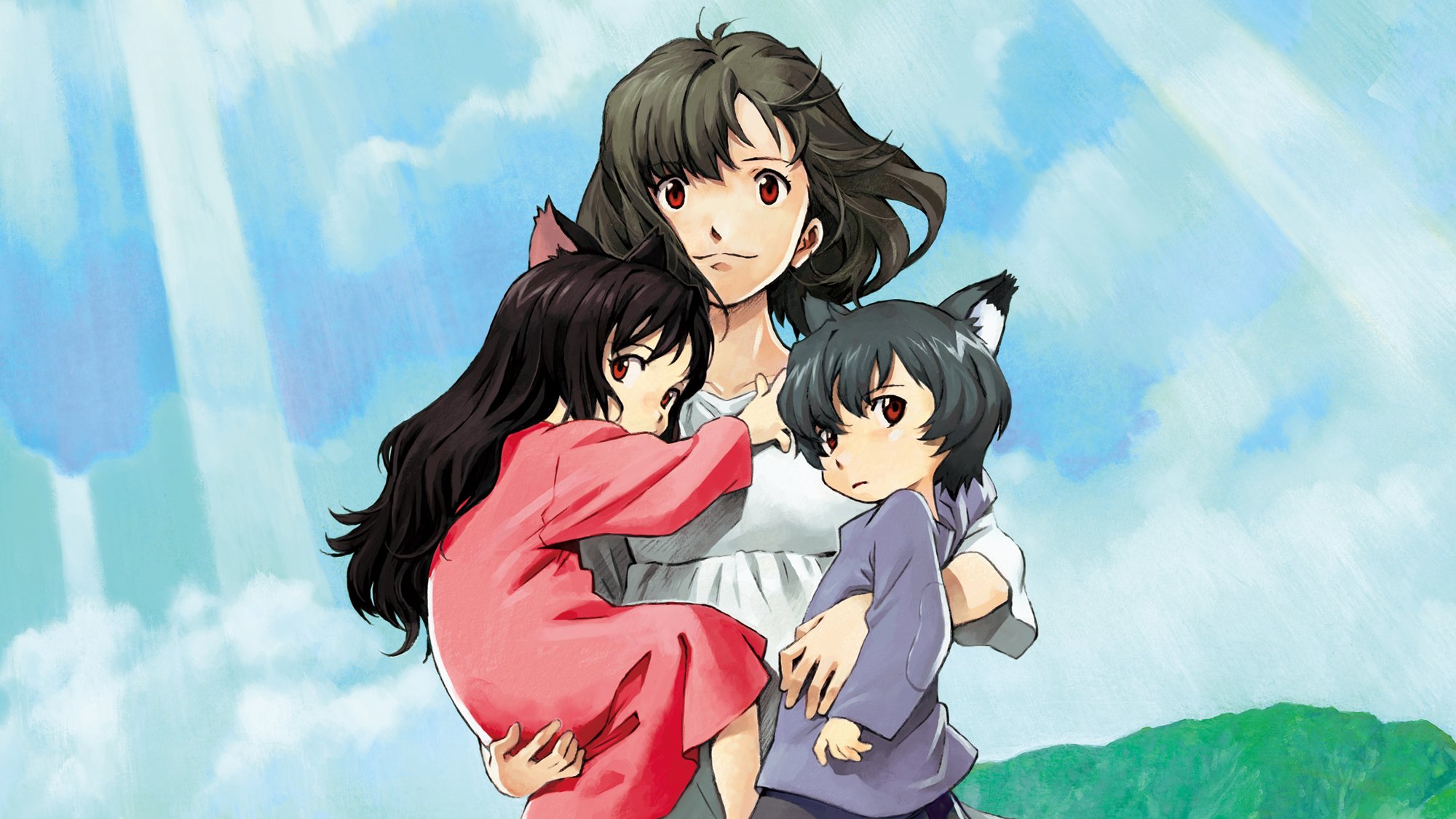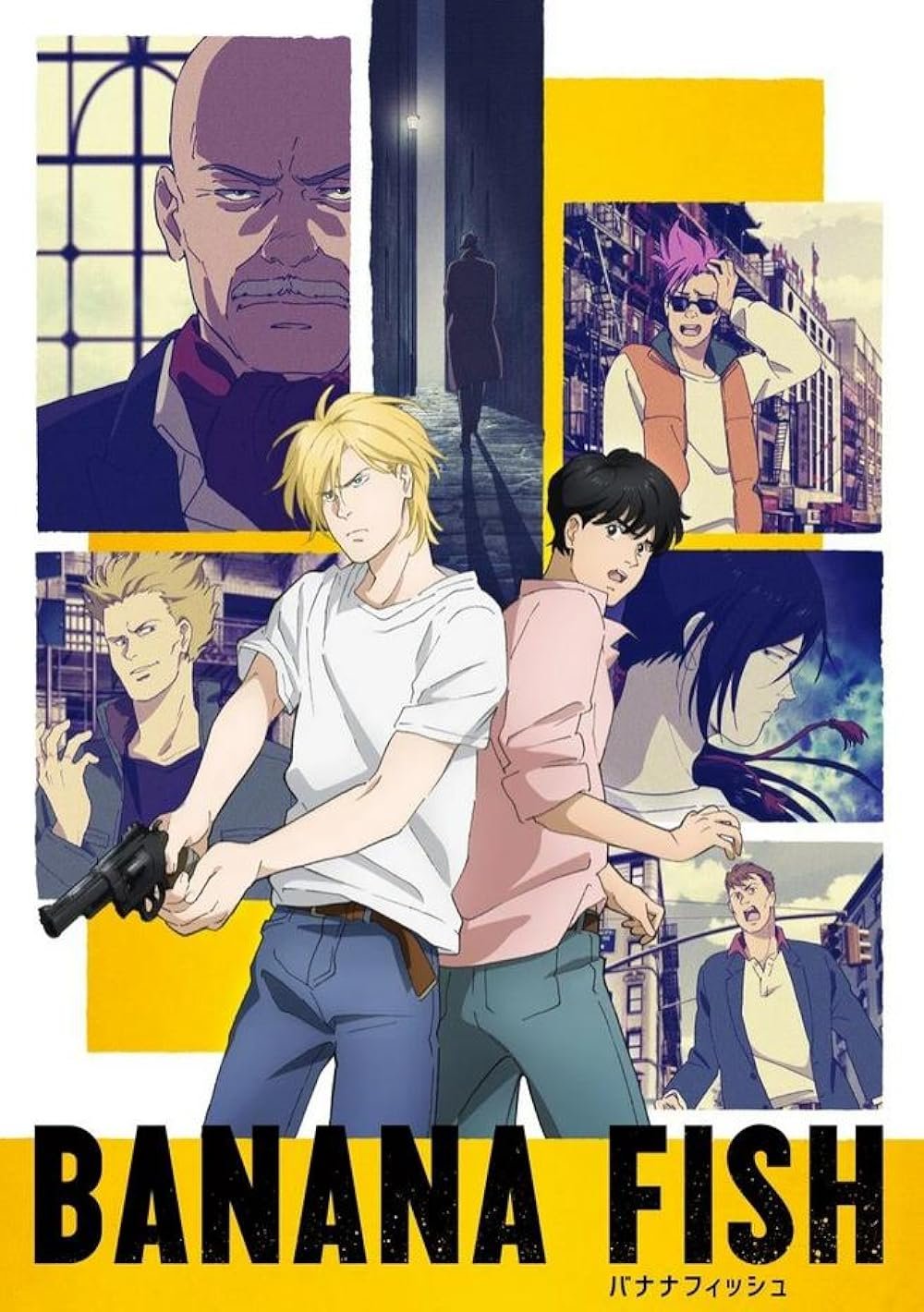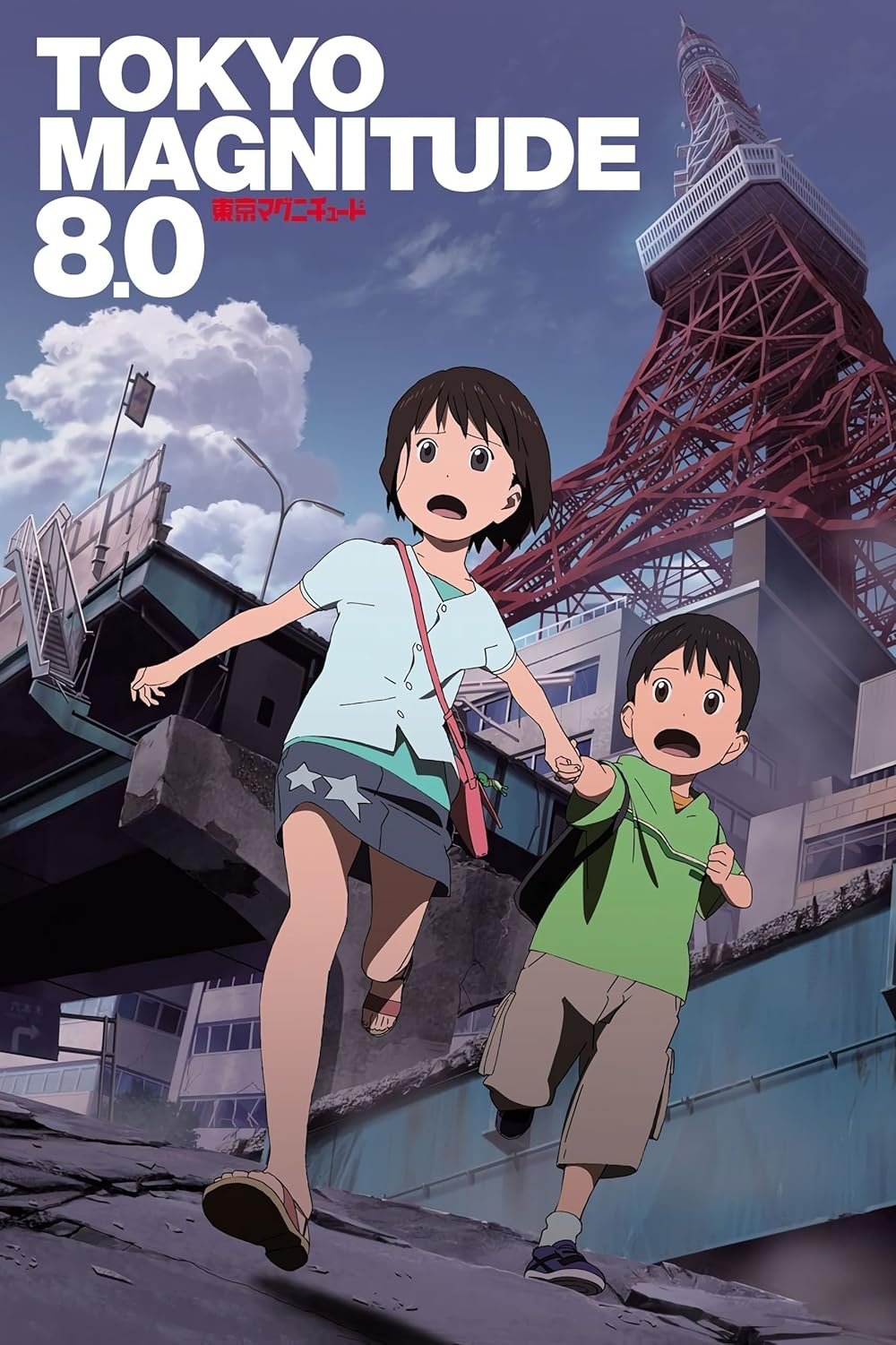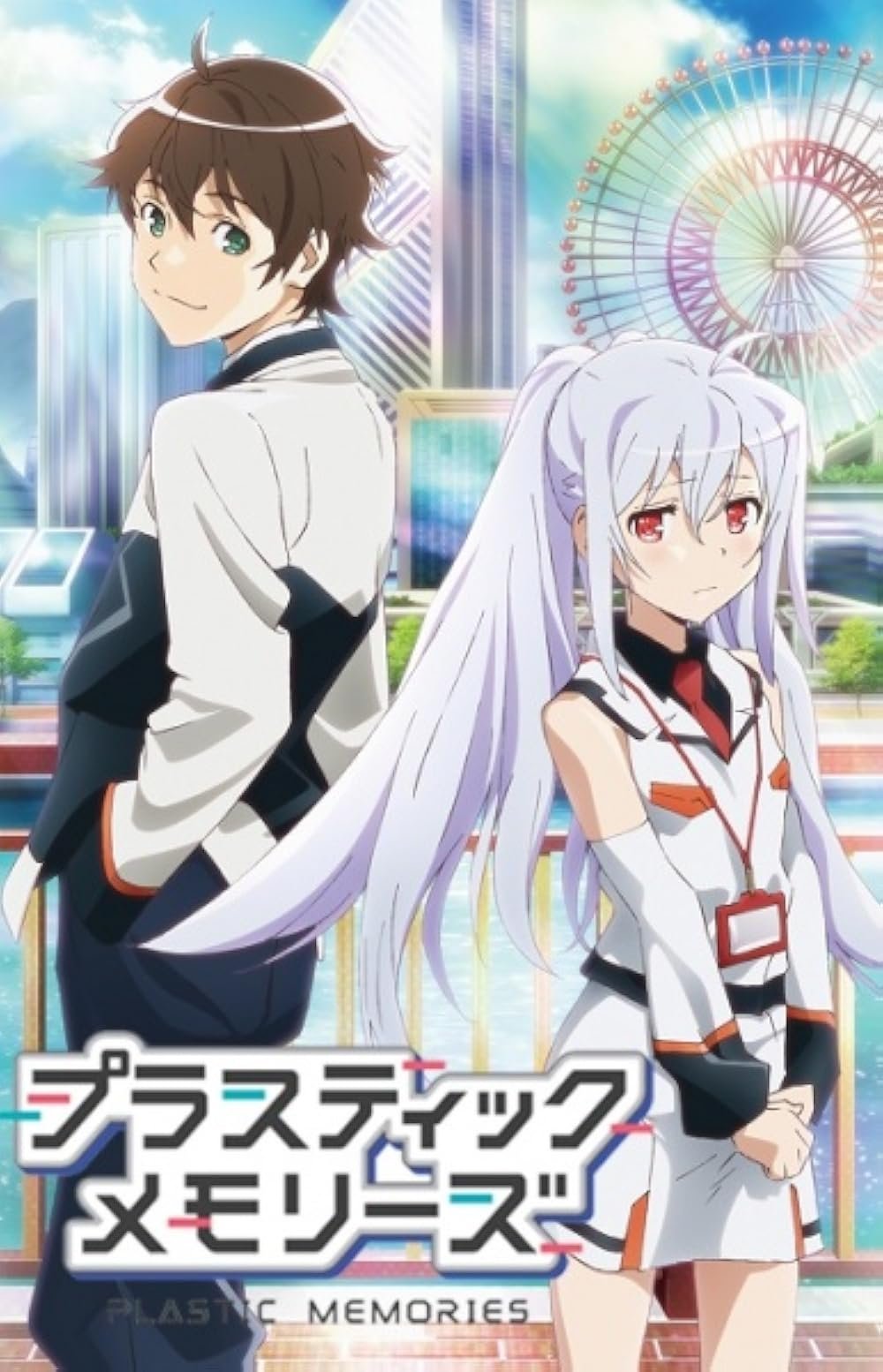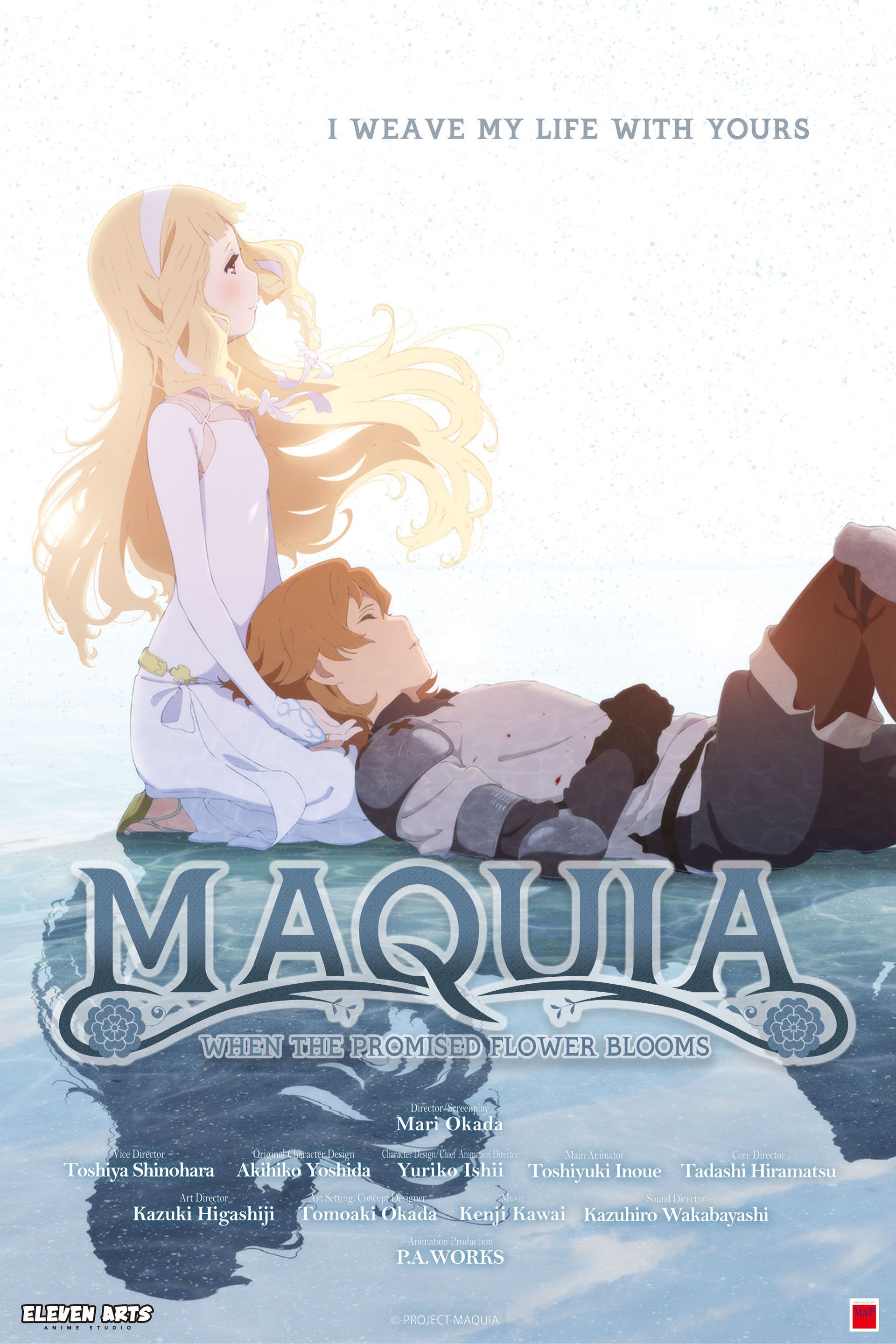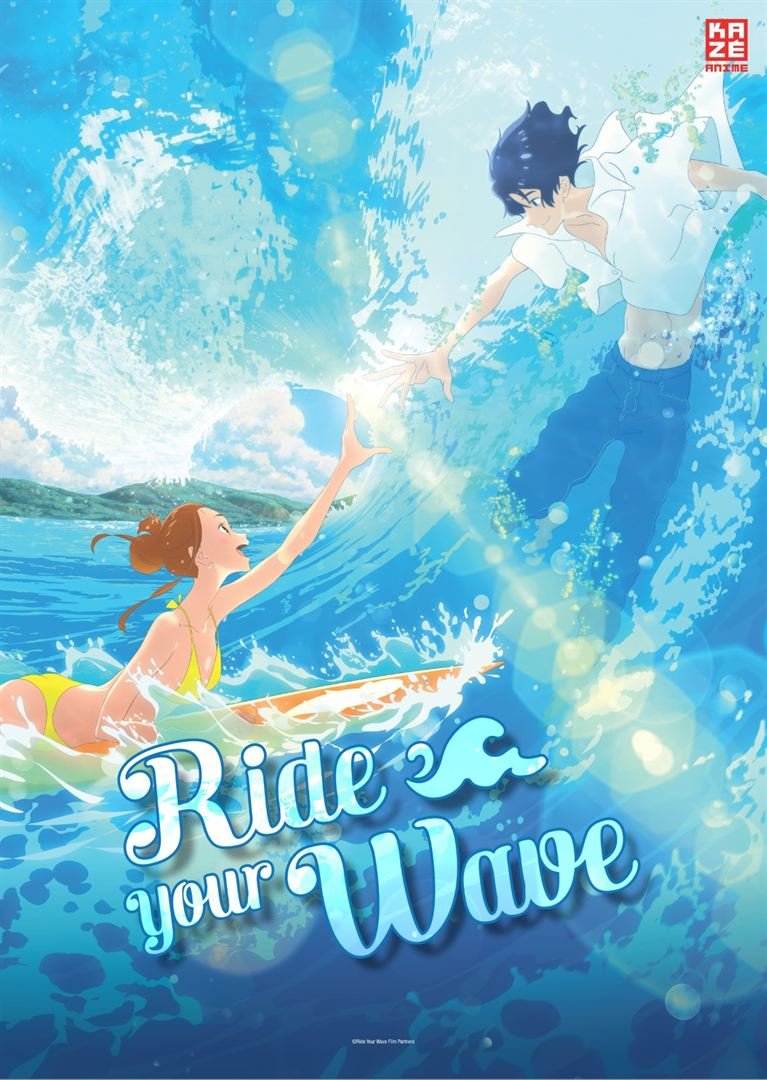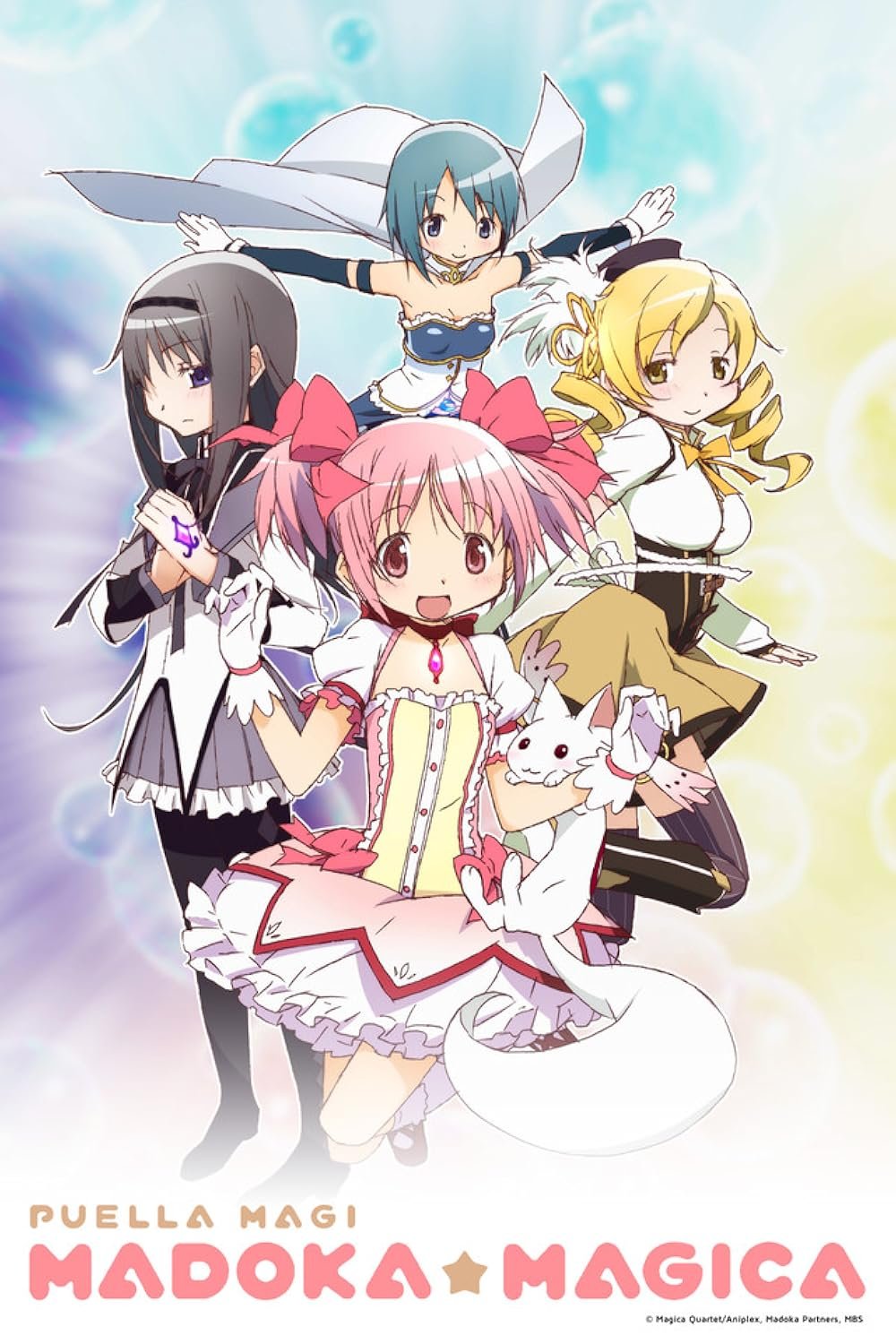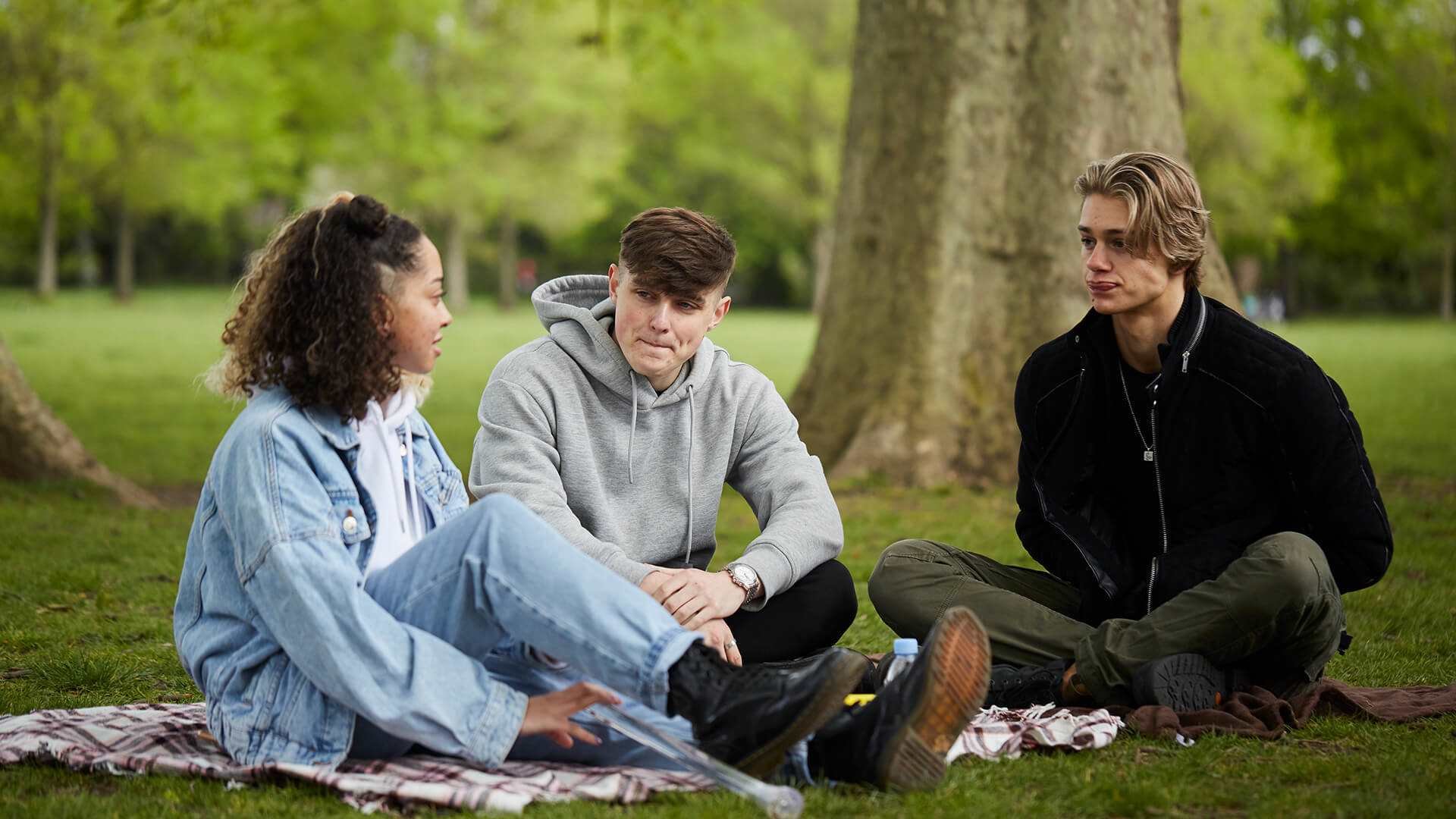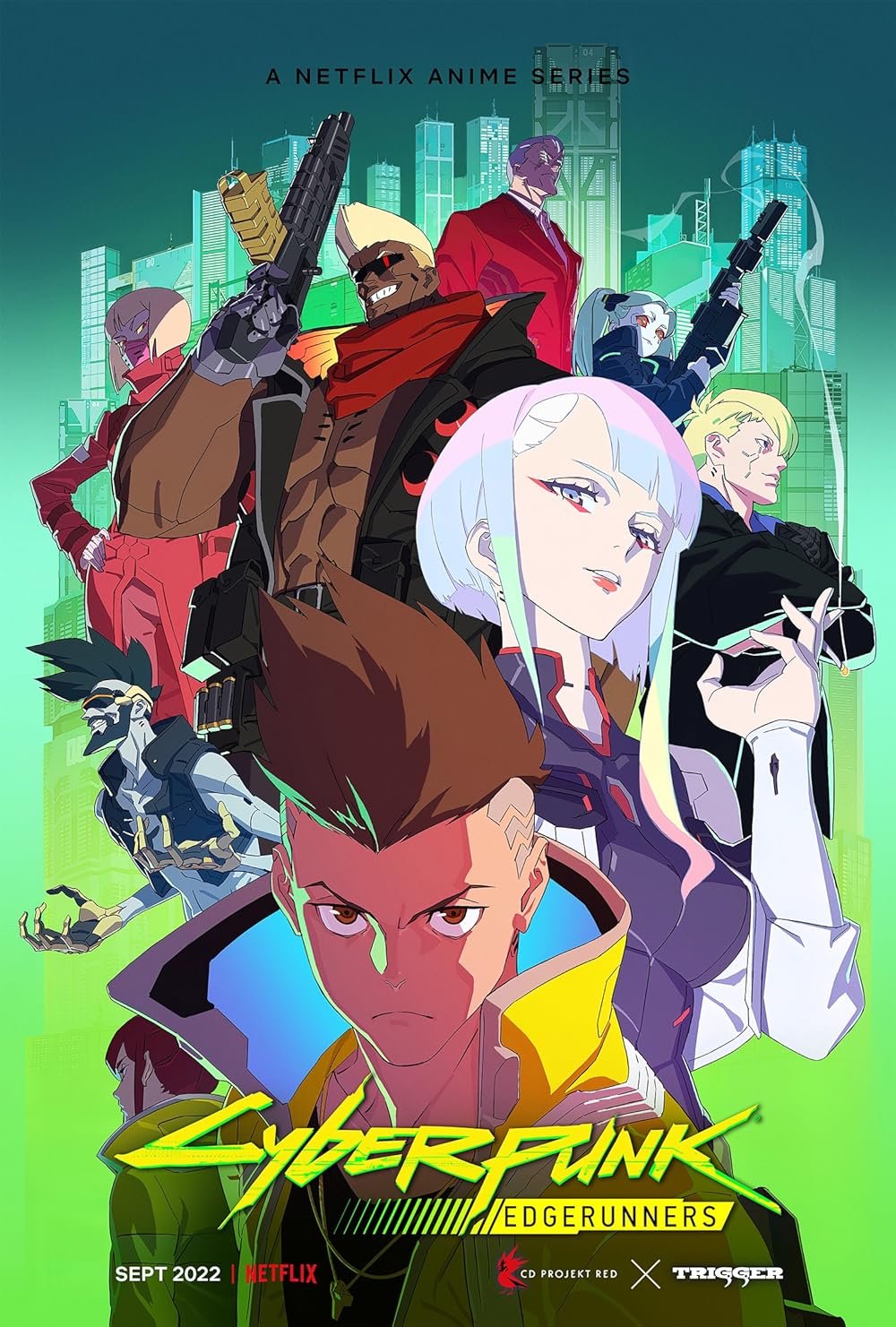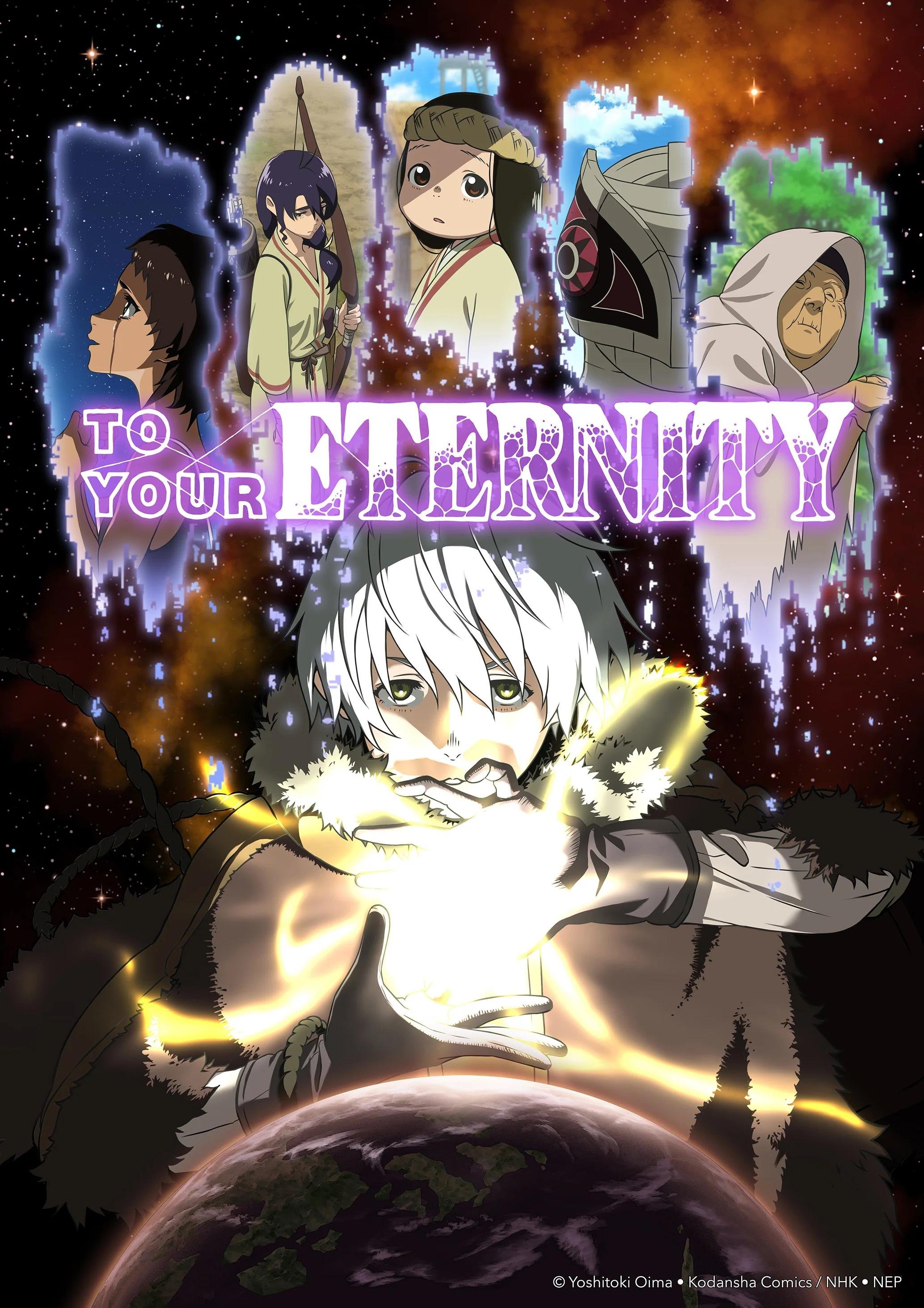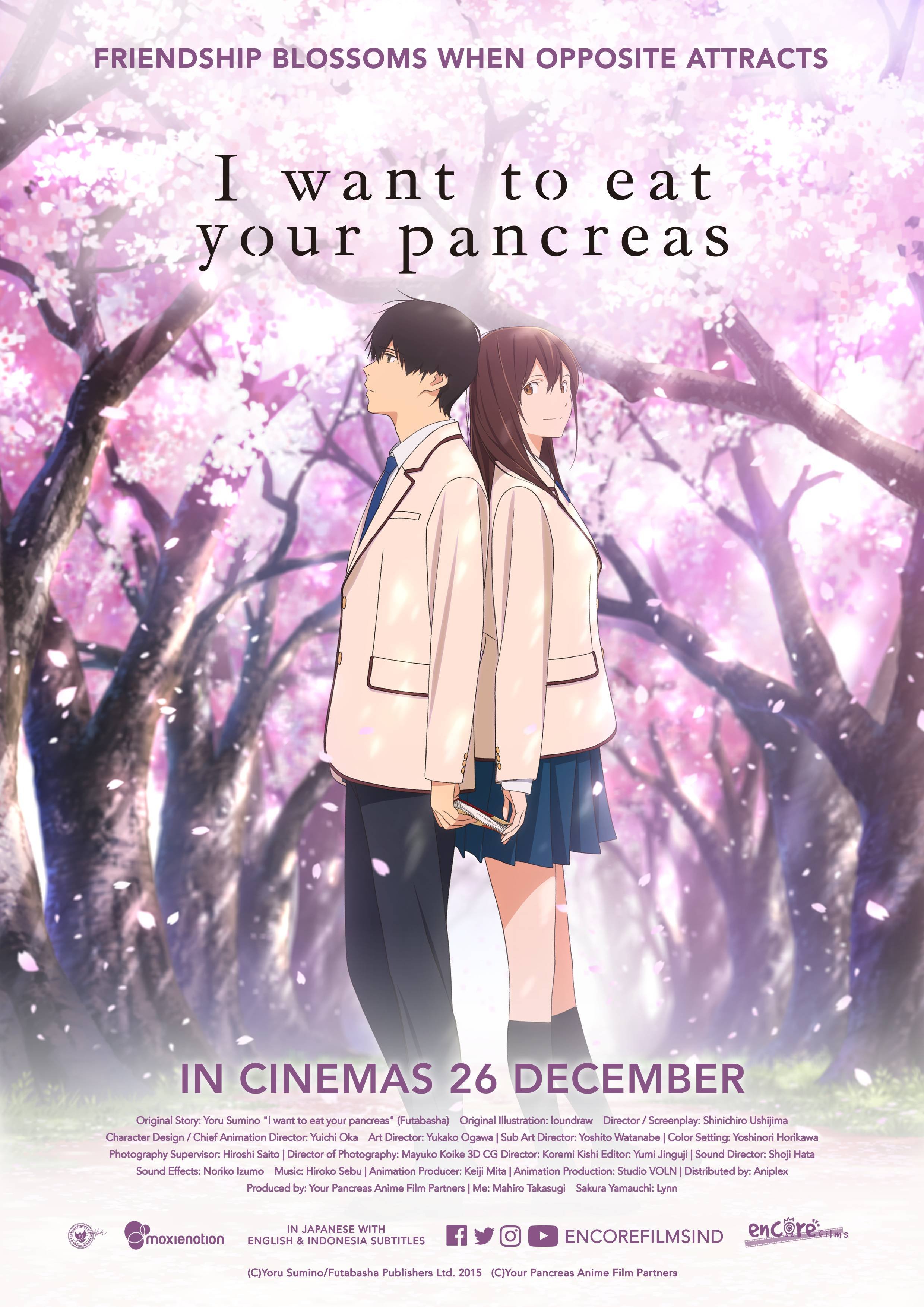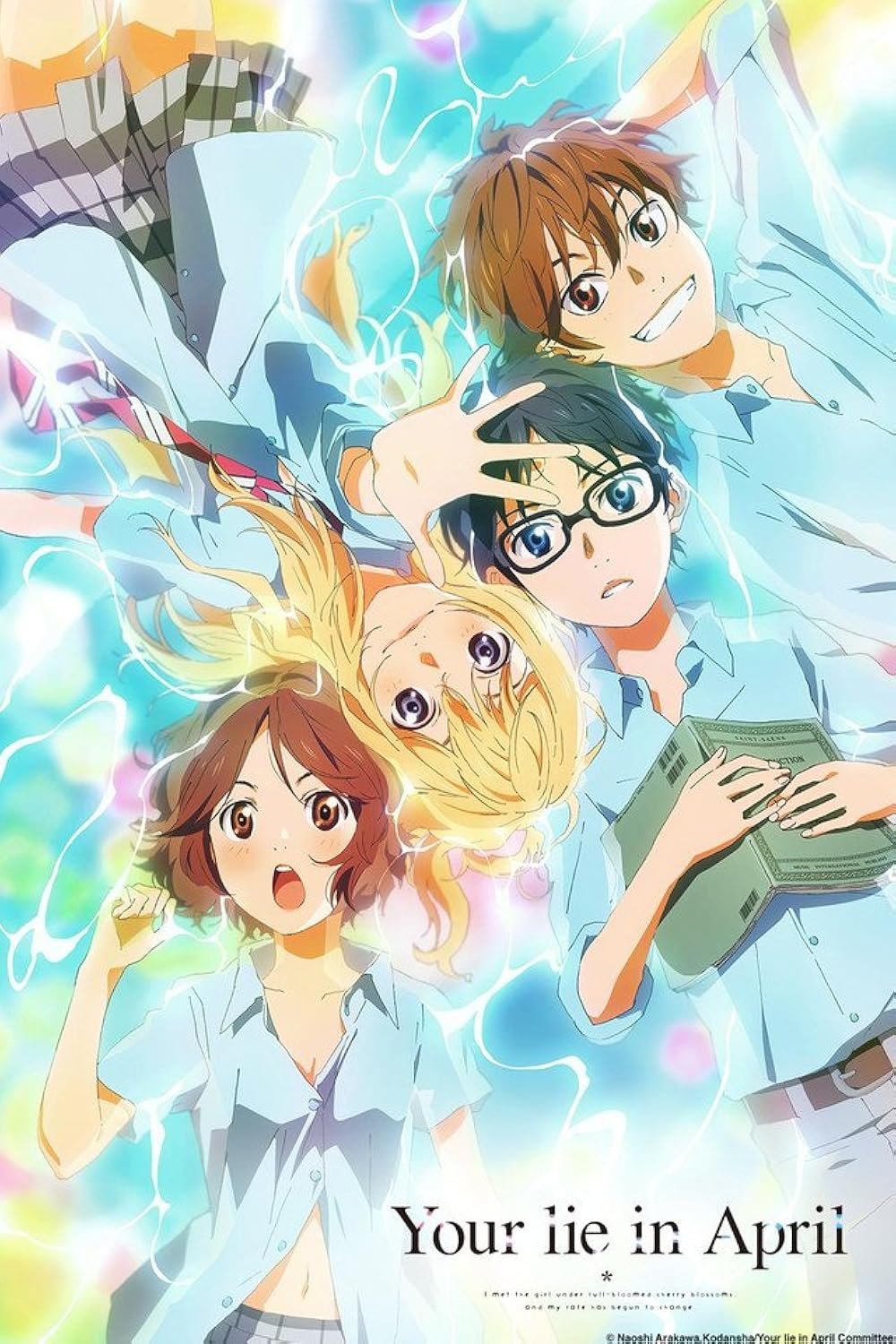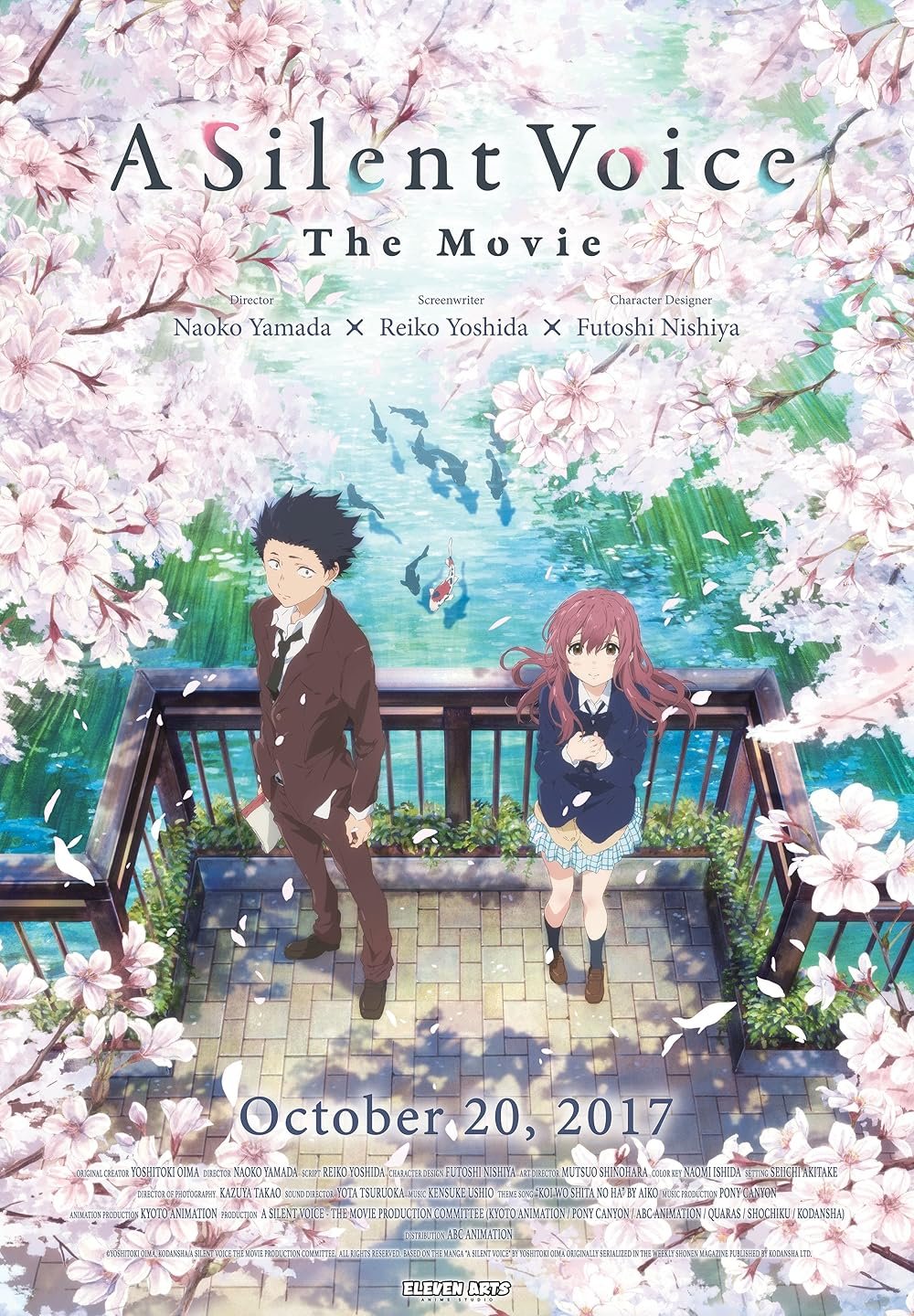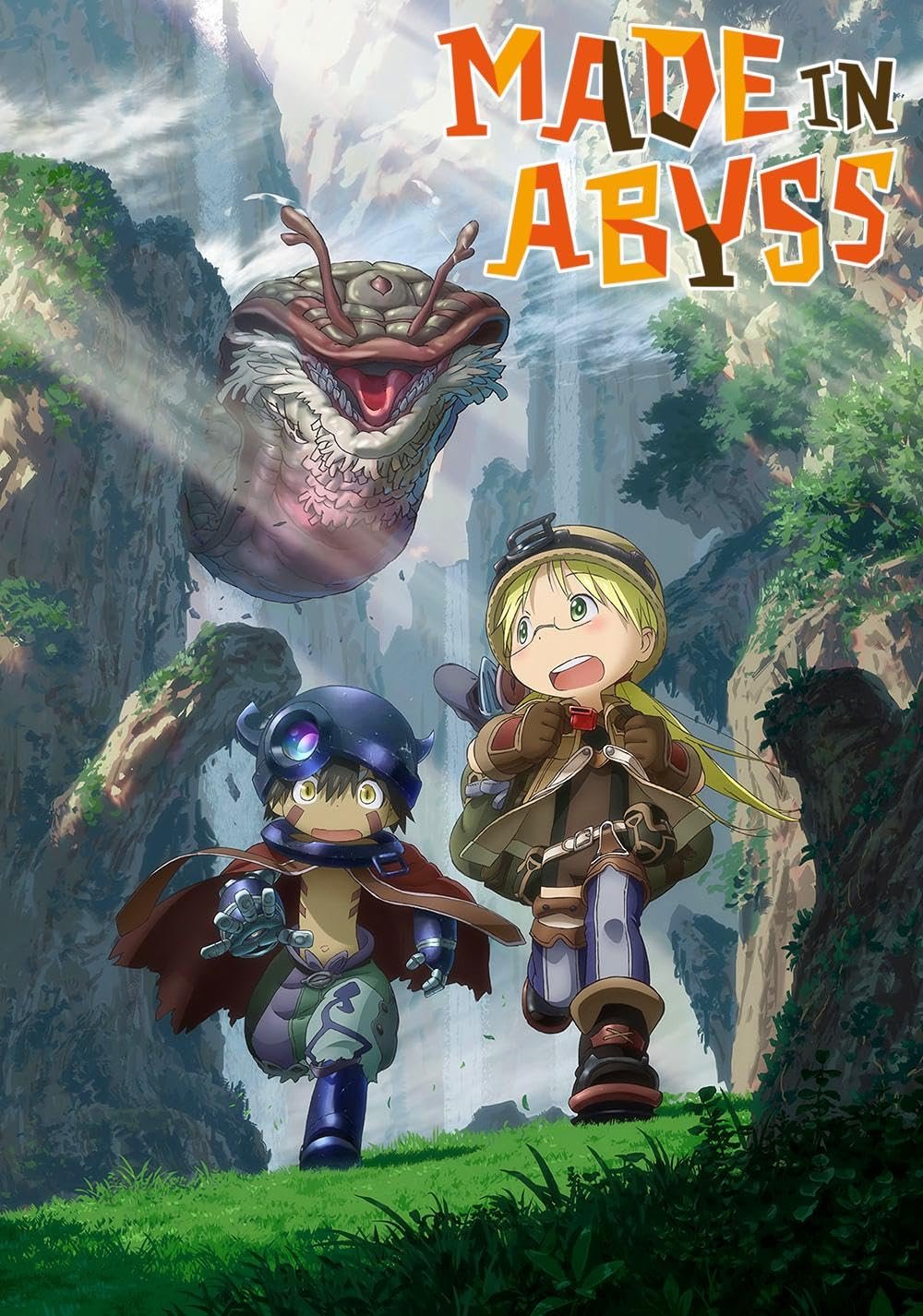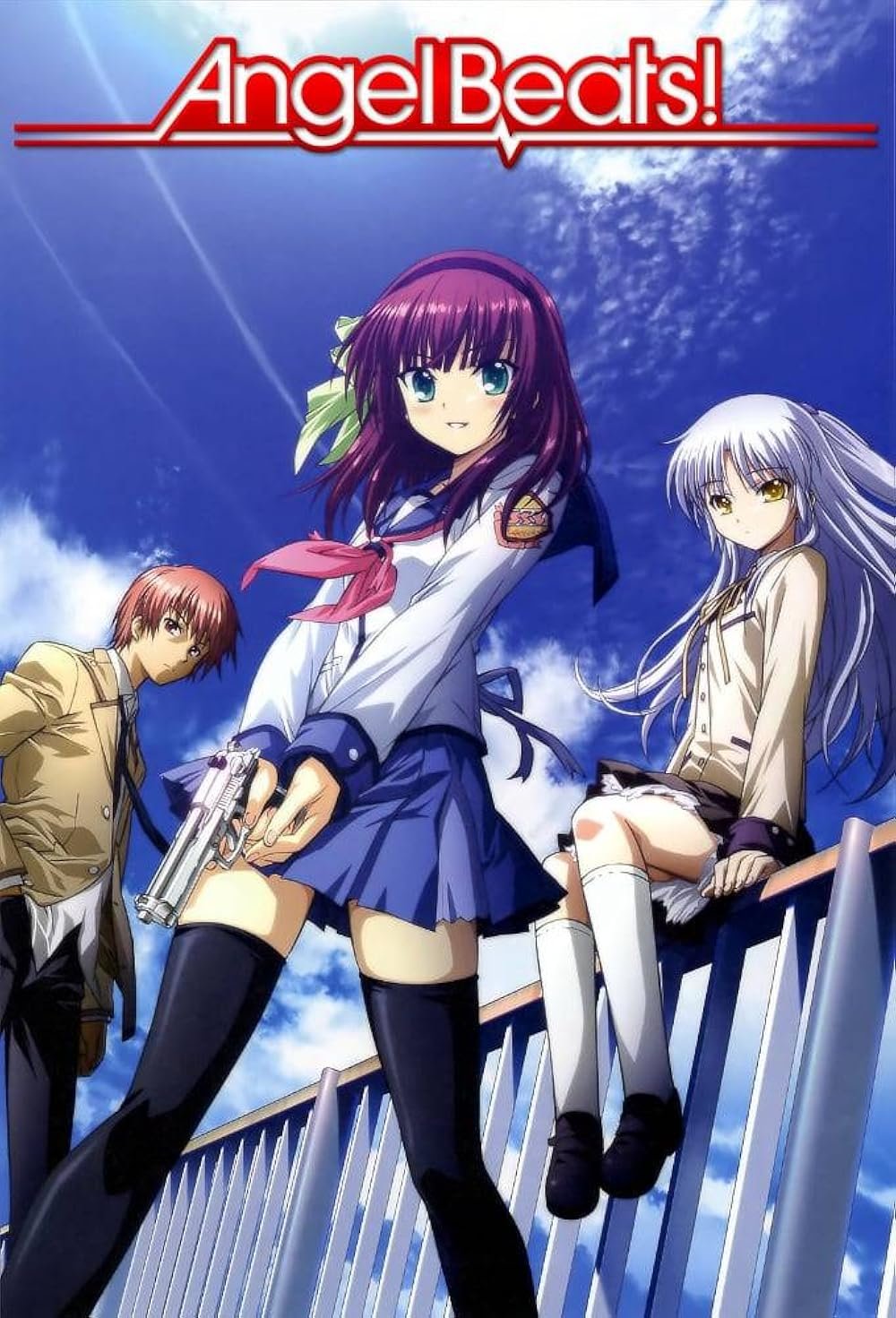These are twenty sad anime that hit hard for different reasons. Some are quiet slice of life stories, others are about war, trauma, or grief. The order is meant to build from bittersweet to brutal, with #1 reserved for a show that many viewers still call the most painful watch in the medium.
Each pick balances story, character, and how the emotions land today. A few are films you can finish in one night. Others are series that take their time. If you are new to any title, consider going in blind for the best impact.
#20 5 Centimeters per Second
Makoto Shinkai’s film lingers on distance. Two kids fall out of step as life moves them apart. The movie tracks small gaps that grow into miles. The sadness is quiet. It lives in missed trains, unsent letters, and the way seasons keep turning without you.
Each chapter uses everyday detail to show how timing can betray us. Nothing shocking happens. That restraint makes the final images hit harder. You feel how memories become anchors, and how even hope can wear thin with years.
The film’s snow and cherry blossoms are not just pretty shots. They mark those brief moments when two lines almost meet. That near-connection, repeated and denied, is the source of its ache and enduring pull.
#19 In This Corner of the World
This wartime story follows Suzu, a young woman in Hiroshima, as she builds a simple life against a harsh backdrop. The sadness comes from small routines interrupted by scarcity, fear, and loss. Everyday chores become acts of survival.
What makes it sting is how gentle Suzu is. Her sketches and humor try to hold the family together. When the war closes in, the film does not sensationalize. It shows the cost of conflict on an ordinary home, which is a harder truth to bear.
By the end, the quiet tone turns heavy, not through shock, but through the weight of what is gone. The final scenes keep the focus on resilience, which makes the grief real and oddly tender.
It is a film that stays with you because it treats both pain and kindness with the same steady hand, never pushing, always listening.
#18 Wolf Children
This family drama is about a mother raising two half-wolf kids after a sudden loss. The setup sounds fantastical, but the feelings are grounded. It captures messy parenthood, money worries, and the quiet pride of watching kids grow in their own direction.
The movie’s most painful thread is the mother’s isolation. She endures breakdowns in private because that is what parents do. Her children face their own choice between wild and human life. Each path means leaving something behind.
Nature scenes are not just scenery. They mirror changing hearts, from storms to spring thaws. The final goodbyes hurt because they are earned by years of shared effort and small wins.
By the credits, the film honors a kind of love that holds on and then lets go. That balance is what makes it quietly devastating and deeply warm.
It is a movie you can watch with family and still feel the depth of its grief long after, in the silence that follows. That lingering is its mark.
#17 Banana Fish
Set in New York, this series tracks Ash and Eiji through gangs, conspiracy, and trauma. The action is sharp, but the relationship at the center gives it weight. Trust becomes a fragile shelter in a life wired for danger.
The show does not look away from abuse or exploitation. It treats scars with care, which makes moments of kindness feel rare and precious. You hold onto them because the world around them is cold.
Its sadness builds toward a fate that feels both inevitable and unfair. When hope slips, it is not because the characters are weak. It is because the system they fight is too big and unforgiving, which is the point the series keeps pressing.
#16 Tokyo Magnitude 8.0
After a major quake, two siblings and a stranger try to cross a broken Tokyo. The show is grounded in real disaster planning and the chaos that follows. Streets you expect to navigate become mazes, which adds constant tension.
The emotional core is the sister who is prickly at first, then forced to care. Watching her change on the road home feels honest. She learns how fragile routine is, and how much we rely on a city’s hidden systems.
There is a late reveal that recolors earlier scenes. It is not a trick. It is the sum of shock, denial, and love trying to make sense of a broken day. The final walk is simple and shattering.
Because the series is short, nothing is wasted. Every detour, every kindness, feeds into a final stretch that earns its heavy cry without melodrama or gloss.
#15 Plastic Memories
In a world where androids called Giftia have limited lifespans, a retrieval team reunites them with owners before memories fail. The premise guarantees heartbreak. Endings are scheduled. Goodbyes have dates on a calendar and that makes every day louder.
The central romance is built on a clock you cannot stop. That time pressure leads to sweet scenes that sting. Even the show’s lighter episodes underline how people bargain with time, trying to make meaning in a small window.
When the end comes, it is gentle rather than grand. The restraint works. It lets the focus stay on choice, on how we show up when we know a goodbye is near. The last lines are soft and final.
It leaves you thinking about memory as a gift that hurts. That theme is simple, and it is enough to make the show linger after the credits roll.
Not every subplot lands, but the core idea is strong, and it earns real tears in the final stretch. The setup does the work.
#14 Maquia: When the Promised Flower Blooms
Maquia belongs to a long-lived people. She adopts a human baby and tries to raise him in a world that will leave her behind. The fantasy setting only sharpens the theme. Love does not run on the same clock for everyone.
Scenes of parenting look real even with dragons in the sky. Money runs short. Teen years turn rough. Pride and hurt cycle as the son tests the limits of home. The film shows how love can be fierce and still feel alone.
The score swells, but the movie’s strongest moments are quiet hands and sidelong glances. The ending respects the years you have watched pass. It breaks you because it treats time as the true villain, not any single foe. That choice feels true.
#13 Ride Your Wave
A surfer and a firefighter fall in love, then tragedy forces the survivor to find a way forward. The film uses water as a mirror for grief. Waves carry memories back at odd hours, sometimes kind, sometimes cruel.
There is levity here, and it matters. Humor is how the living push through. Songs and small rituals help the lead accept change without giving up what was real. The mix keeps the movie from sinking under its own sadness.
The message is simple. Love can teach you to stand up again. The last sequence turns private sorrow into public courage, which feels earned by every earlier setback and win. It is sweet and stinging at once.
It is also a reminder that healing does not erase pain. It teaches you how to carry it with grace, one day at a time, in quiet steps.
#12 Puella Magi Madoka Magica
This series starts like a cute magical girl show, then turns dark. Contracts have costs. Wishes bend the world in ways that hurt the ones who make them. The twist is not a gimmick. It is the core of the story.
The sadness comes from cycles of sacrifice. Friends try to save each other and pay a higher price each time. When hope appears, it is complicated, because every fix leaves a mark. That nuance gives the finale its power.
Visually, the show plays with collage and surreal motifs to show despair. Those choices make emotional states feel tactile. You are not just told things are wrong. You see it and feel the weight in every frame.
Also Read
10 phrases that sound supportive but are actually a subtle sign of manipulation
It remains a landmark because it treats a familiar genre with respect, then asks what it really costs to keep the world bright. The answer is not simple, and that is why it stays with you.
Many viewers still debate the ending. That conversation is part of its legacy, a sign the themes still bite.
#11 Cyberpunk: Edgerunners
This is a short, loud ride through Night City, but the heart is David and Lucy. The show sets clear rules. Power comes at a price, and the city collects. The neon looks cool, yet every upgrade chips away at what makes you you.
The crew gives the story warmth you do not expect. Found family moments land hard because danger is always nearby. When choices close in, loyalty becomes the last thing they can hold.
Also Read
10 Phrases That Sound Supportive But Are Actually a Subtle Sign of Manipulation
The final episodes are brutal and tender at once. They make the point that in this world, survival without purpose is not really living. Love becomes a small rebellion that the city cannot fully crush. That is why the ending hurts and still feels right.
#10 To Your Eternity
Fushi starts as an orb, learns to become human, and learns what it costs to care. The show builds on a simple rule. To grow, Fushi must lose. Each bond expands him and exposes him to new pain.
Early arcs are compact gut punches. Side characters arrive fully drawn, then face fate with a grace that feels unfair for their age. The structure can be harsh, but it serves the theme of what makes a life meaningful.
The world is strange, with enemies that test both body and hope. Those fights matter less than the small scenes of food, music, and daily routine. That is where Fushi learns the shape of being human, which is why the losses sting.
Also Read
People With Low Emotional Intelligence Often Miss These 6 Social Cues
It is a series that asks you to invest in people who might not stay. The payoff is honest. Growth and grief walk together here, step for step.
#9 I Want to Eat Your Pancreas
The title sounds odd, but the story is a grounded teen drama about a girl with a terminal illness and a boy who keeps to himself. Their days together are small. That is what makes them matter. The movie treats time as a precious resource.
There is a twist near the end that shifts the tone from expected tragedy to something more like real life. It is cruel and human at once. The letters and notebook give the boy a way to carry forward with honest regret and gratitude.
The film avoids big speeches. It leans on errands, snacks, and bus rides. Those pieces add up to a quiet statement about choosing to meet the world while you still can. The final scene is simple and clean.
Also Read
8 Weird Habits You Don’t Realize You Have From Growing Up In A “We Can’t Afford It” Household
It is a good pick when you want tears without fantasy. The feelings come from recognizable choices and the push to make each day count.
By the end, you understand how one brief friendship can change a life’s direction, without saving it. That distinction is the film’s point.
#8 Your Lie in April
A piano prodigy freezes after trauma, then meets a violinist who pulls him back to music. Performances serve as inner monologues, not just recitals. The show uses color and silence to mark progress and fear.
The sadness builds through letters, hospital visits, and the pressure of talent. It is about learning to play for yourself again. When the truth lands, it reframes earlier joy without erasing it. That balance gives the ending its sting.
Also Read
10 Phrases That Sound Supportive But Are Actually A Subtle Sign Of Manipulation
Some episodes get melodramatic, but the emotional core stays firm. It respects practice, mistakes, and the way art can carry you when words fail. The last message is a gift wrapped in pain, and it works.
#7 A Silent Voice
This film takes on bullying, guilt, and the slow work of making amends. The lead is not a victim. He is trying to repair harm from his past. That choice makes the drama heavier and more useful. It is about responsibility, not easy forgiveness.
Shoko’s hearing loss is handled with care. The movie uses framing and quiet to let you feel isolation. When hands reach out, the gesture matters because it is uncertain. Progress is fragile and earned.
One of its best scenes is simple street-level warmth among friends. No big speech fixes anything. Small acts add up, which is real. By the end, you see a path forward that honors pain without pretending it is gone. That is its strength.
Also Read
8 Cringey Phrases Older Relatives Use at Family Dinners That Younger Guests Dread
It is the rare teen film that respects boundaries. Apology is a step, not a demand. That view makes the bittersweet ending feel true rather than neat, and it keeps the story honest.
#6 Made in Abyss
Two kids descend into a giant pit chasing a parent and a dream, and find a place built to break them. The art style looks cute, which makes the body horror more jarring. That contrast is part of the show’s plan.
Every layer asks for a sacrifice. The cost is measured in scars, both physical and moral. Helpers are not always kind. Choices get cruel because the world is wired that way. The show’s rules are consistent, which makes the losses feel earned.
The harshest moments are hard to watch, but they are not empty shock. They underline how ambition can twist love into risk. When hope survives, it looks smaller and more stubborn, which is why you root for it.
By the time you reach the later arcs, you understand that wonder and pain are siblings here. That pairing is the series’ identity and the source of its lasting ache.
Curiosity lights the way, and the Abyss collects the toll.The line is not from the show, but it captures the trade the story keeps making. The bill always comes due.
